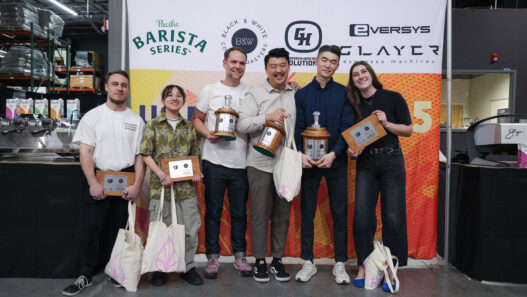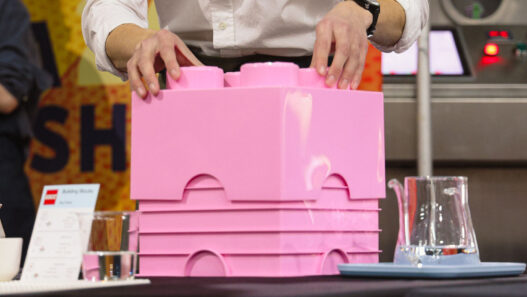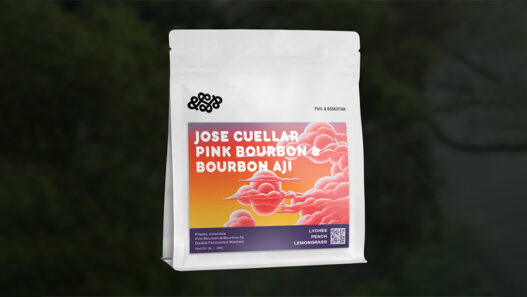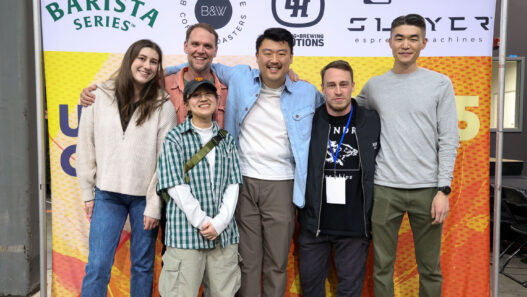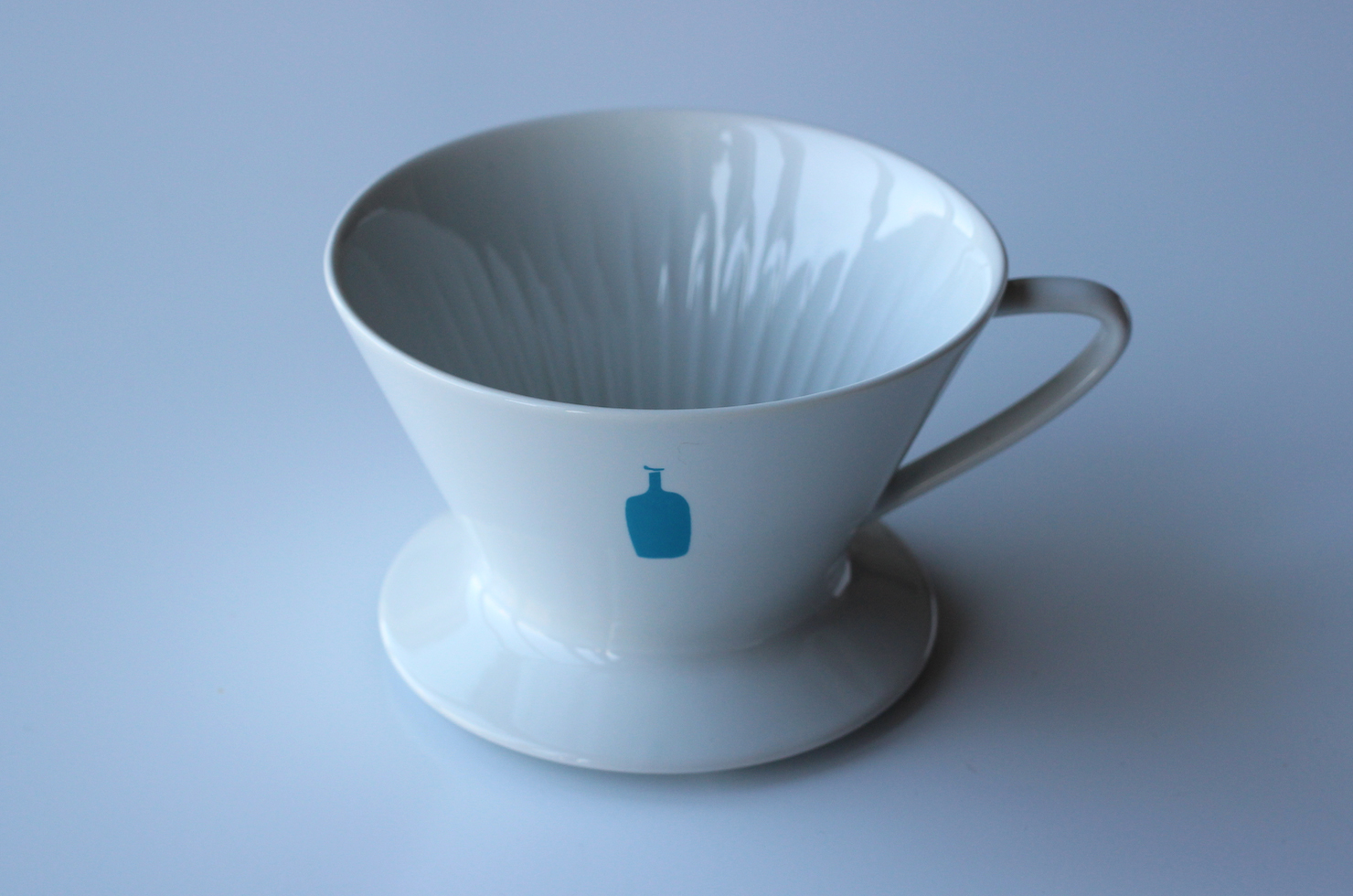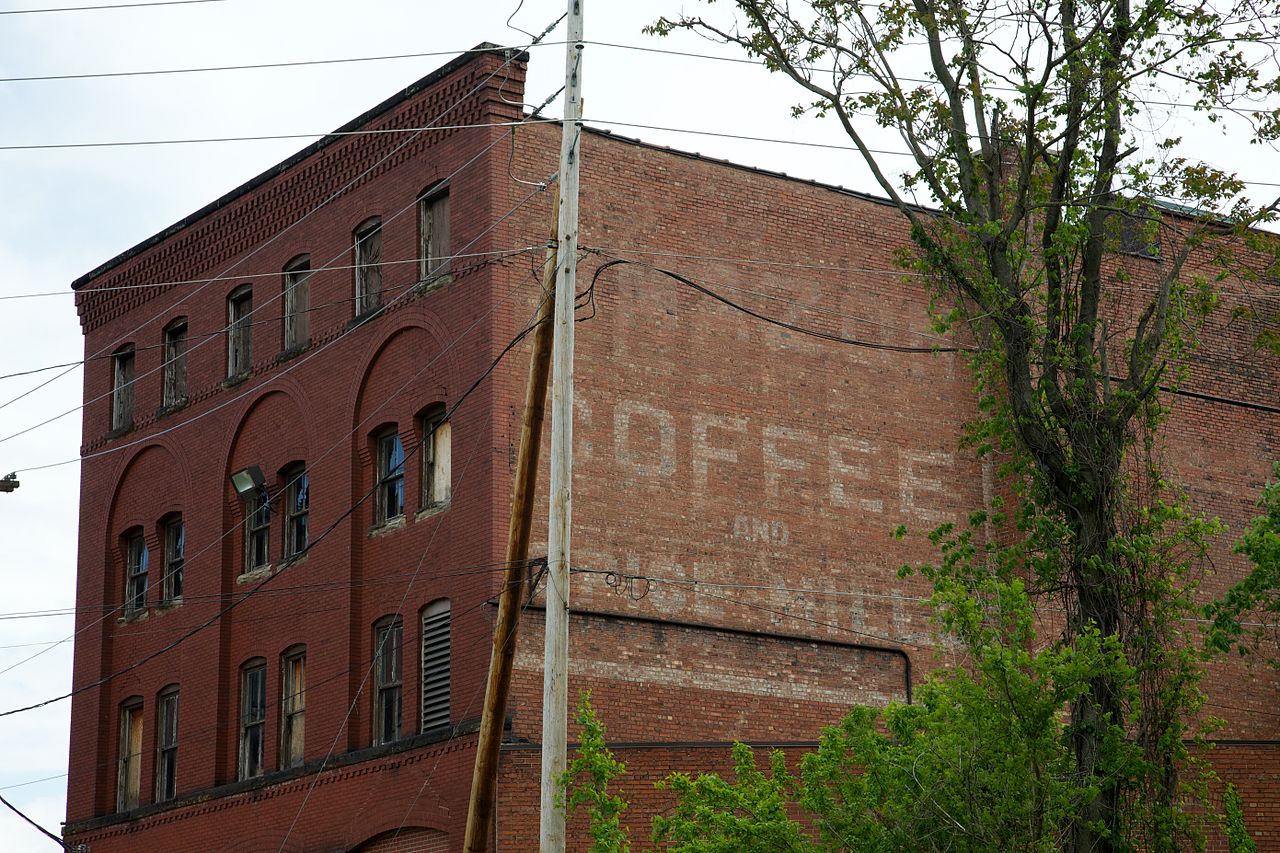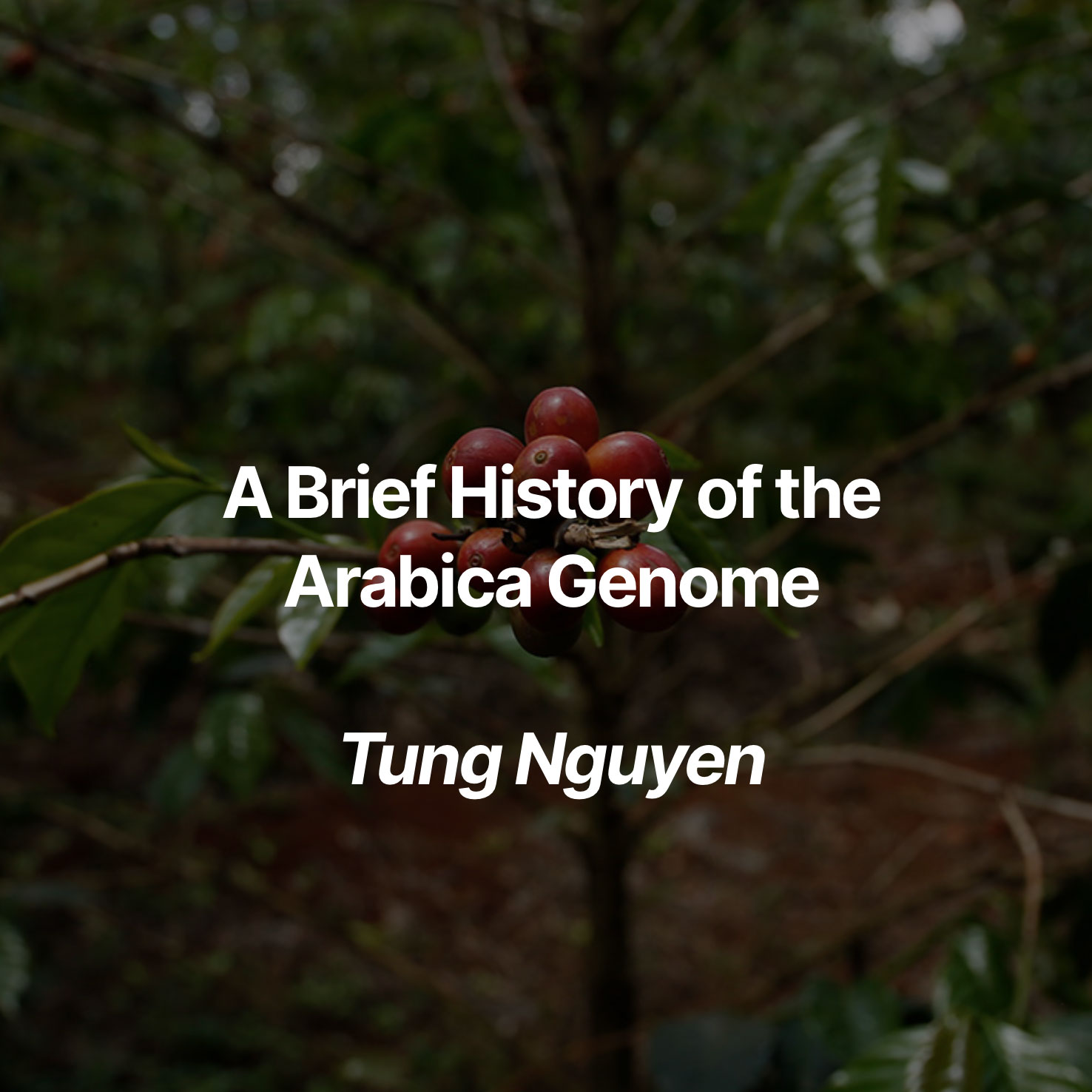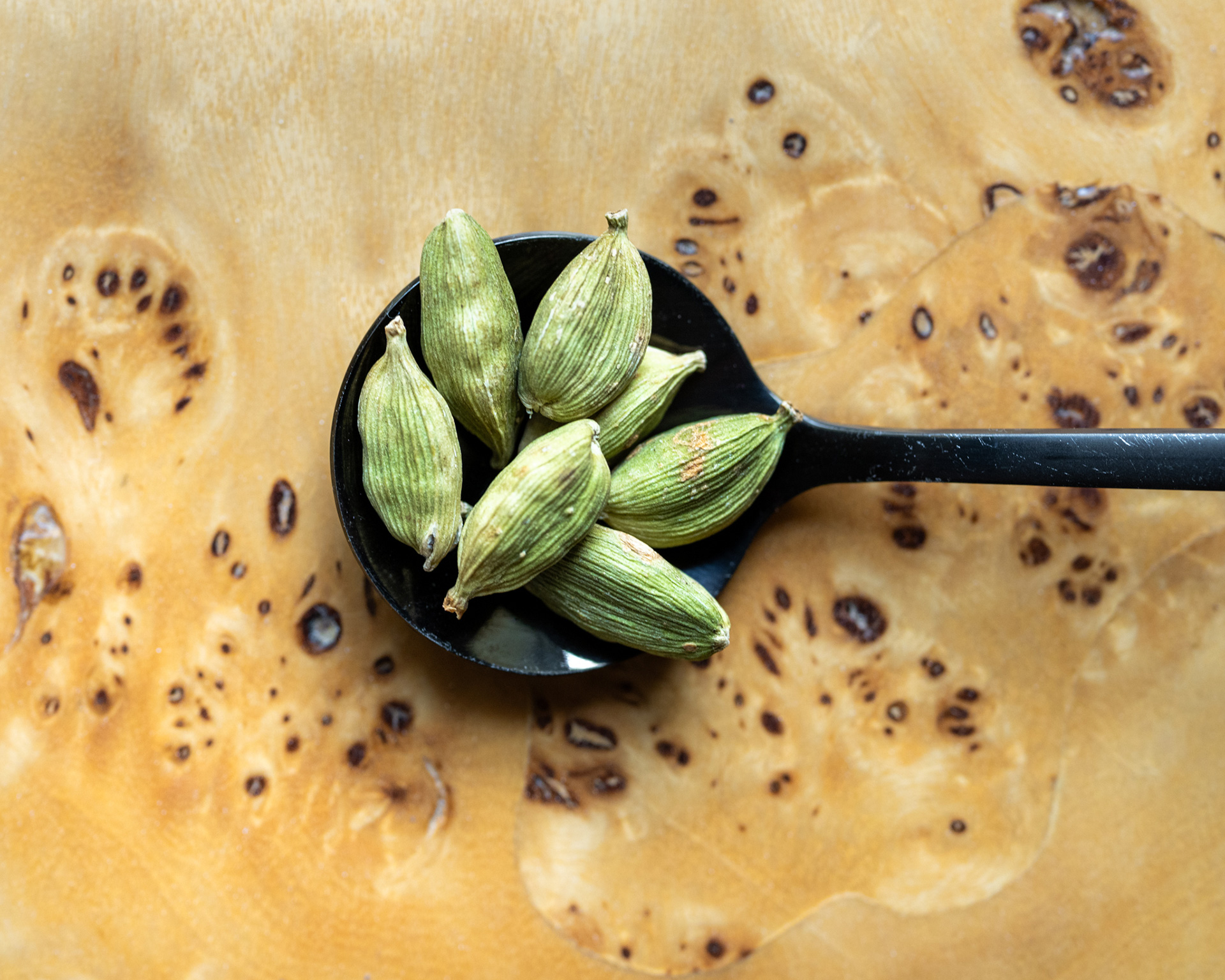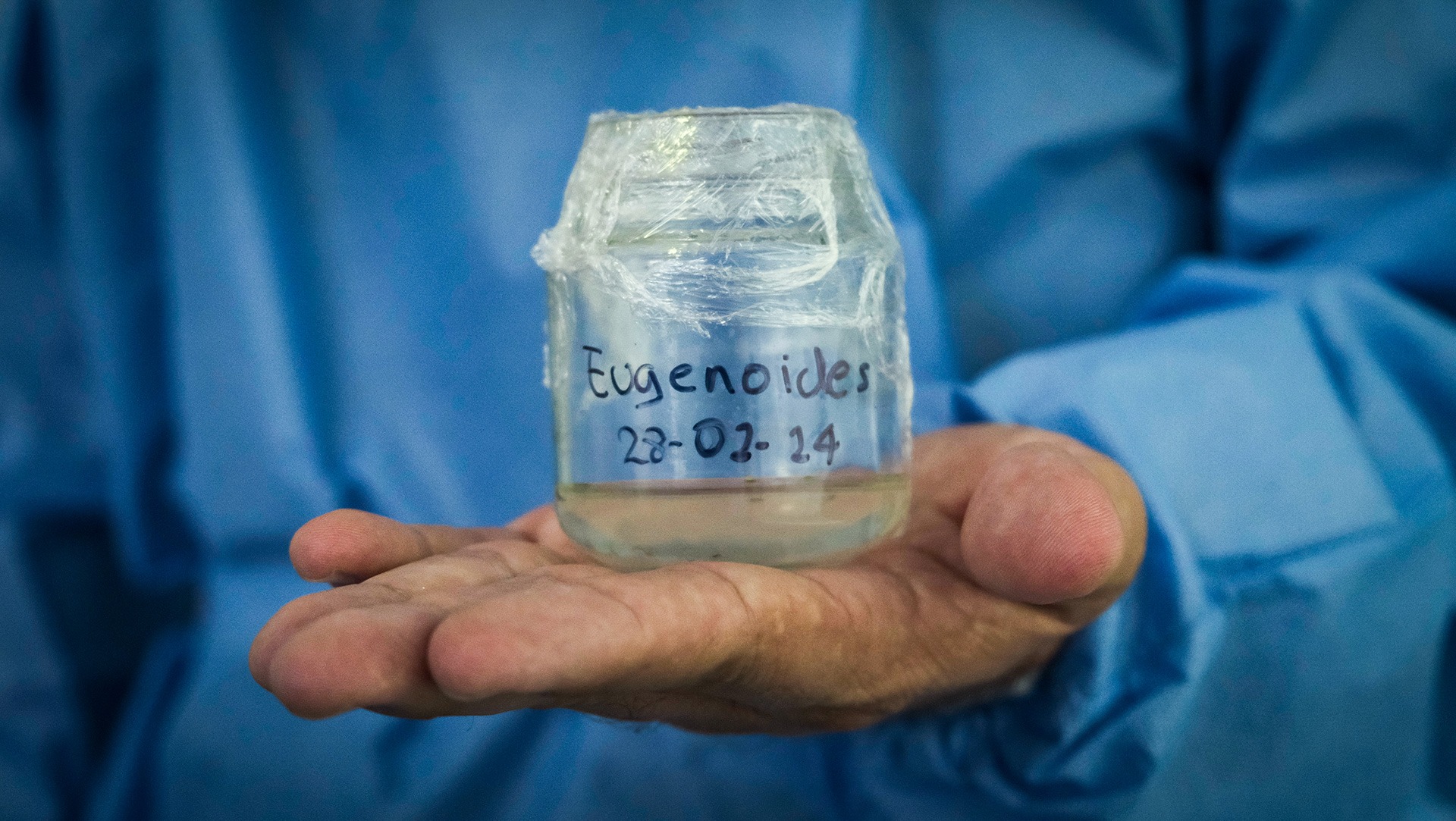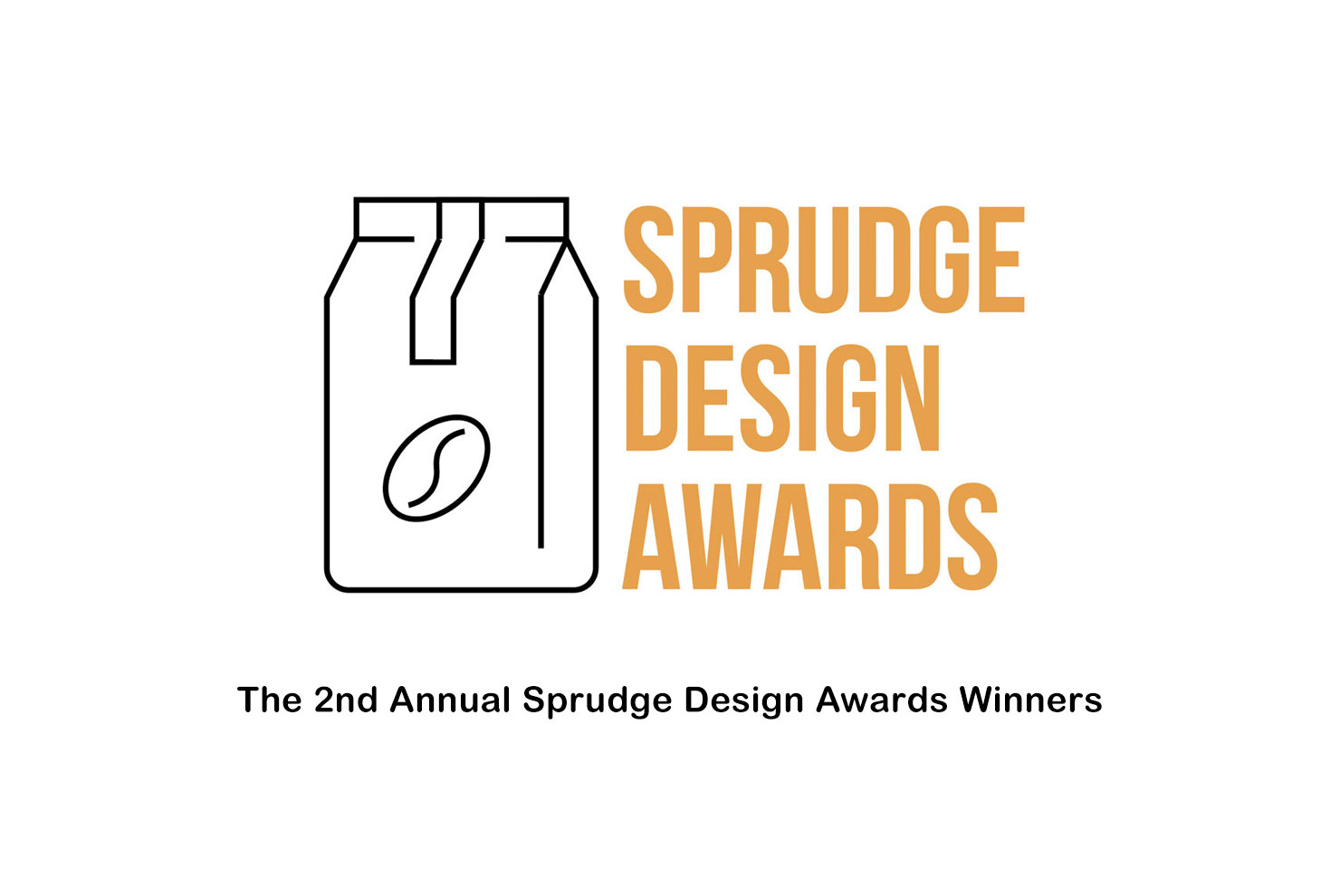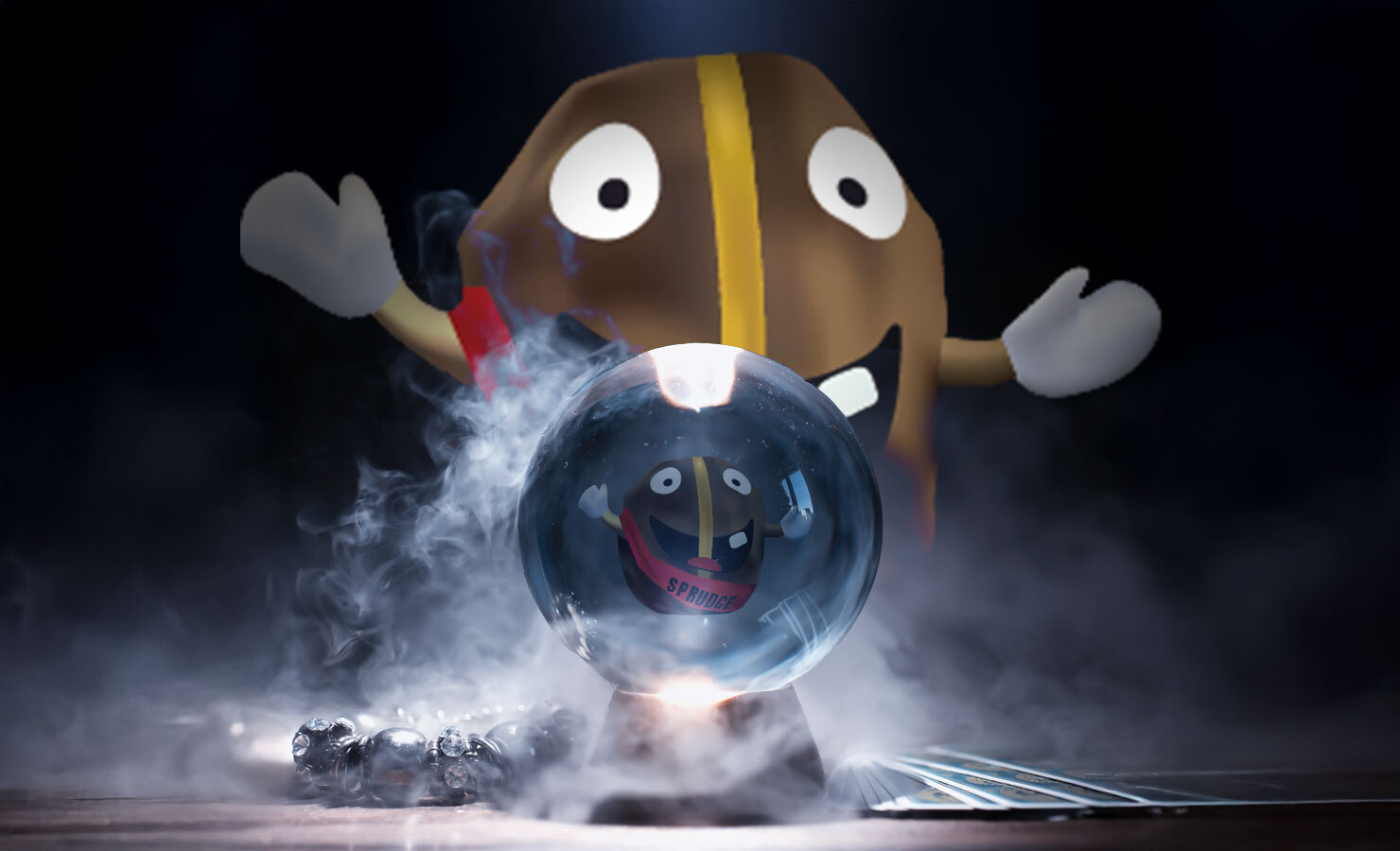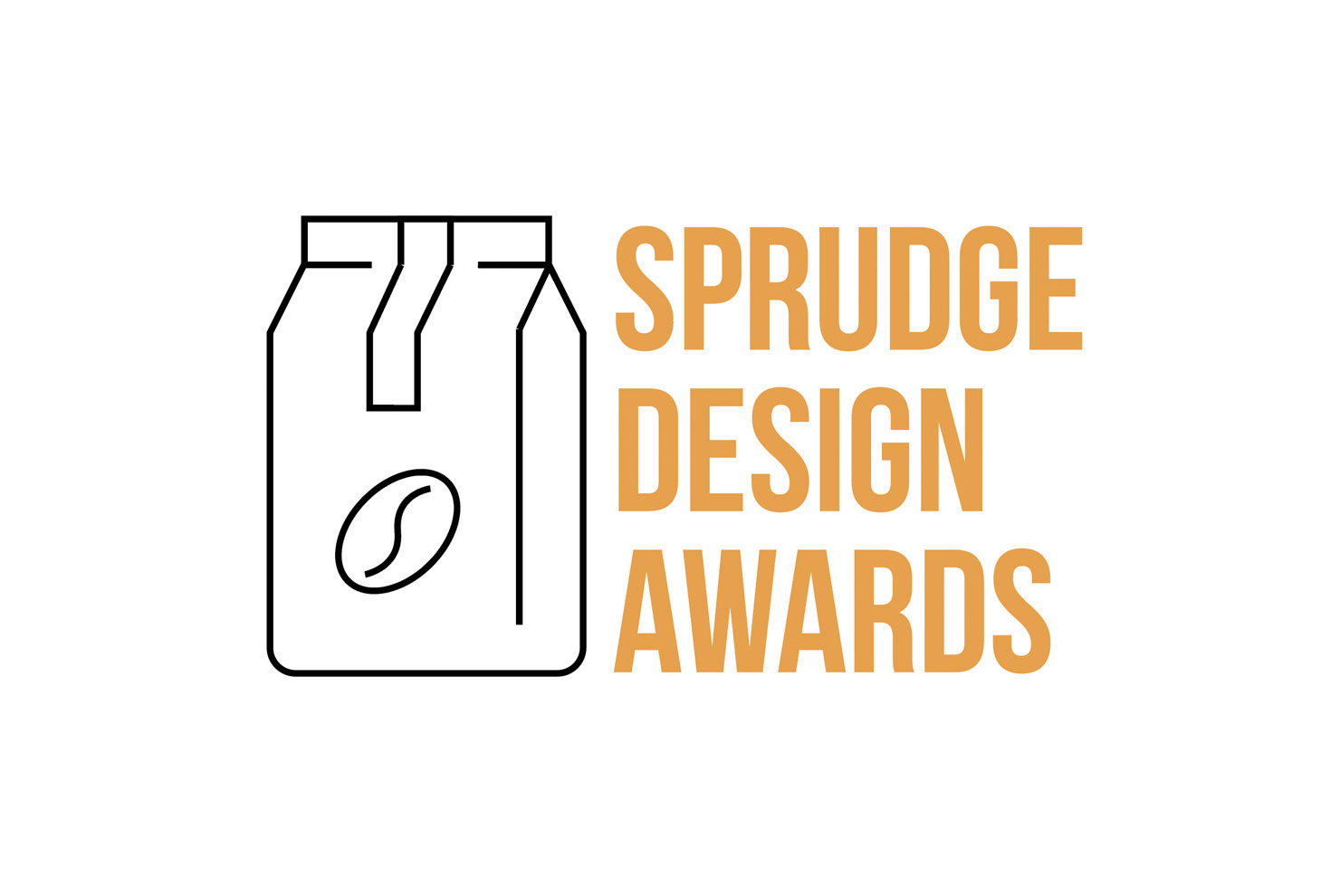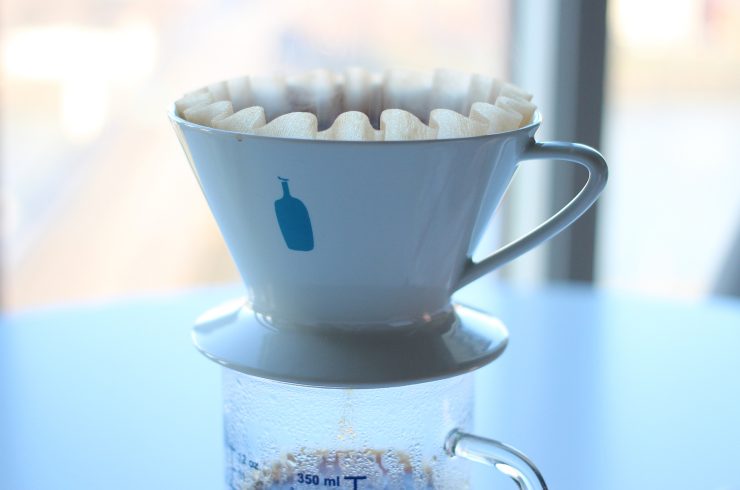
There’s no other title in coffee quite like Neil Day’s.
A veteran of Silicon Valley and certifiable coffee fanatic, Day first came to our attention back in 2014 for his groundbreaking Perfect Coffee project, a Shasta Ventures-backed startup that has revolutionized the quality possibilities for pre-ground coffee. Before that he worked for Apple in the 90s, has consulted on projects across the Valley, helped boot WalMart’s web store in the early 2000s, and has been the CTO at Sears and Shutterfly, where he also served as VP. Perfect was acquired by Blue Bottle in early 2015, as part of the Oakland-based brand’s astonishing round of fundraising and acquisition over the last 3 years—some $145 million total, according to Pitchbook.
Upon acquiring Perfect Coffee, Neil Day went to work for Blue Bottle with the remarkable title of VP, Coffee Technologies. It is—we believe—the only such title of its kind and an unprecedented acquihire in the fast-merging worlds of coffee and tech. And yet, we (and the rest of the world) had to wonder as to what, exactly, a Coffee Technologies role would entail at Blue Bottle. The September launch of Perfectly Ground made sense as the continuing arc of Day’s Perfect Coffee project, but now they’ve dropped something new entirely: the Blue Bottle Coffee Dripper, released to the public earlier this week.
Outwardly it’s a new coffee dripper like the ones you’ve seen before: a ceramic, flat-bottomed half-cone vessel that holds a paper filter, which in turn holds ground coffee. You pour hot water through the coffee at a certain ratio, it drips down from the cone, and voila: you’ve got a cup of brew.
But this project is also an exhaustively researched, data-driven marvel of coffee engineering, and serves as an answer to that thesis question—this is what a coffee technologies department at Blue Bottle does. Through dozens of prototypes, hundreds of hours, thousands of cups and roughly a million data points, Neil Day and his team at Blue Bottle have re-imagined the pour-over coffee cone for the 21st century. It’s the proverbial better mousetrap, at once familiar and brand new, designed for consumer convenience but with a geek pedigree to satisfy the nerdiest of coffee brains.
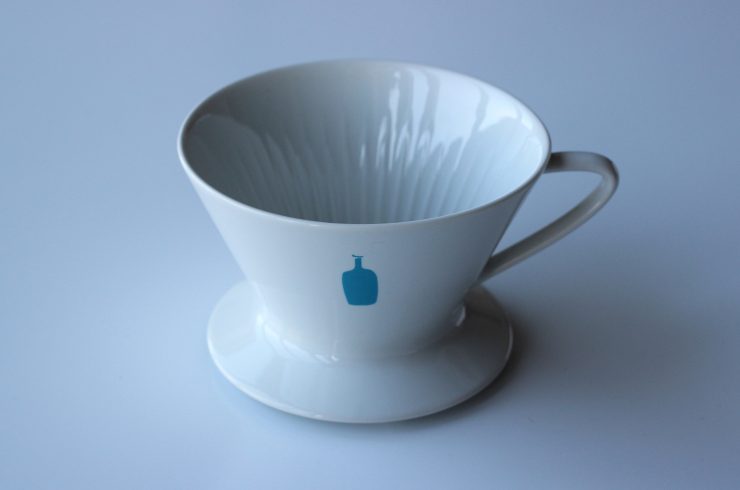
Here’s how they did it.
Day and his team started researching this project in the summer of 2015, with input from Blue Bottle QC head Benjamin Brewer, Director of Training Michael Phillips, and founder James Freeman. “We wanted to be able to measure exactly what was going on with the brew process,” Day tells Sprudge, “then relate it back to sensory tasting notes.” To execute those measurements the team applied the same data-driven approach to sensory analysis that Day pioneered with his Perfect Coffee project. Day brought in consultant Jeremy Kuempel, an MIT Graduate engineer known in coffee circles for his work as CEO of Blossom Brewer; Kuempel was last seen on Sprudge brewing coffee for American hip-hop recording artist 2 Chainz.
Kuempel, Day, and co. spent several months building testing equipment in Blue Bottle’s lab to precisely measure brewing extraction and thermal mass on existing brewers. Day estimates they brewed some 500 cups of coffee on a custom-built “test rig”—a series of thermal probes and scales—in order to collect some million-odd data points. “A huge amount of analysis informed this design,” says Day, who allows that this is an admittedly geeky, tech-driven approach that might go over a lot of people’s heads. “We’re big on obsessive, experimentally driven stuff…but it’s about bringing together technologies to make things easier and more delicious for coffee drinkers.”
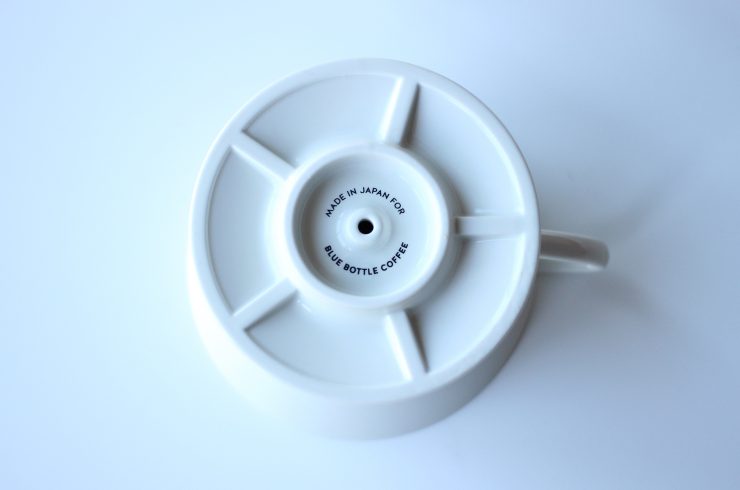
Blue Bottle sent us a dripper and filter set to play with for this article, and our biggest question out of the box was, “What makes this different from existing products on the market?” Though informed by the same obsessive approach to research and data collection, this particular final product is less obviously disruptive than, say, Day’s work on Perfectly Ground.
“We feel like there’s lots of really great drippers out there,” says Day, “and we’ve had great success in our coffees with the Bonmac drippers, which have been on bar for more than a decade. And we like some things about the V60 and Kalita as well. But we had this feeling that if we really understood extraction and the interaction between technique and coffee, we could make something better.” Factors like flow rate, thermal mass, size, and interactivity between cone and filter were exhaustively measured and tested by Day, Kuempel, and their team. The goal was not necessarily for Blue Bottle to create a brewer that was outright *better* than what’s on the market; rather, it is to create a brewer that allowed for better coffee more often, with a wider target and less demands on expertise, but understanding every last factor and input involved in the process. In engineer speak, Kuempel and Day talked about it as “producing better results with a broader set of inputs.” In laymen’s terms, all that tech and research has been purposed towards creating a more forgiving brewer, one that is more tolerant of variation and capable of removing obstacles to by-the-cup deliciousness.
“All that complexity, all that science kind of melts away when you use it,” Kuempel says. “You don’t need to know any of this other stuff; you just use the dripper and it does its thing.”
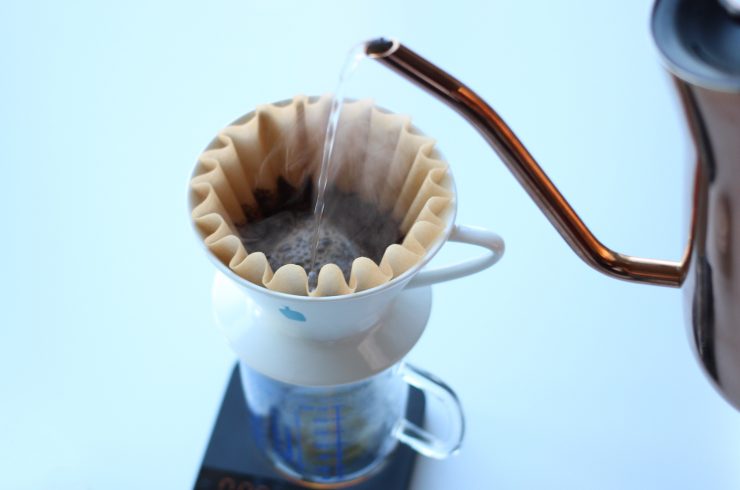
It is also, and this should be noted, an absolutely beautiful object, custom made for Blue Bottle at a small ceramics factory in Arita, Japan. Japanese design and aesthetic sensibilities can be found throughout the project, including the brewer’s proprietary paper filters. Research on the filters began by first consulting an origami expert, before the QC team at Blue Bottle set out cupping “endless cups” of water poured through various paper filters, taking in-depth sensory notes along the way. The goal wasn’t necessarily to find a tasteless paper, says Kuempel, but rather, to find a paper that complemented coffee in a meaningful way. “Flavor is not just some pure scientific expression of coffee,” Kuempel says. “It’s like an orchestra, where you’ve got instruments playing together, and maybe the filter paper is part of that.”
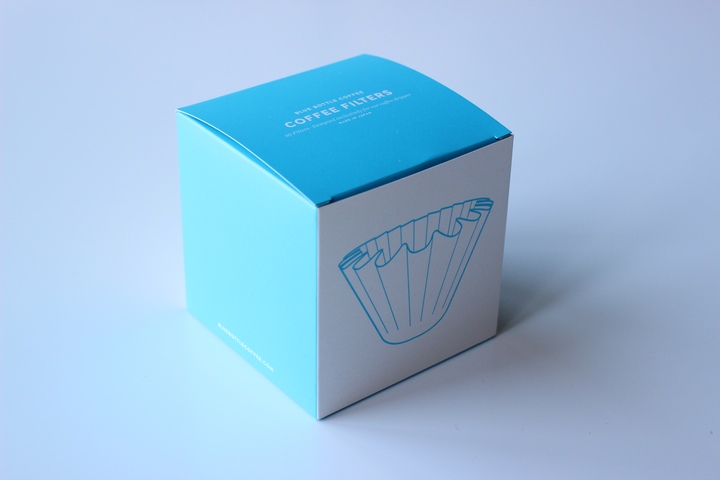
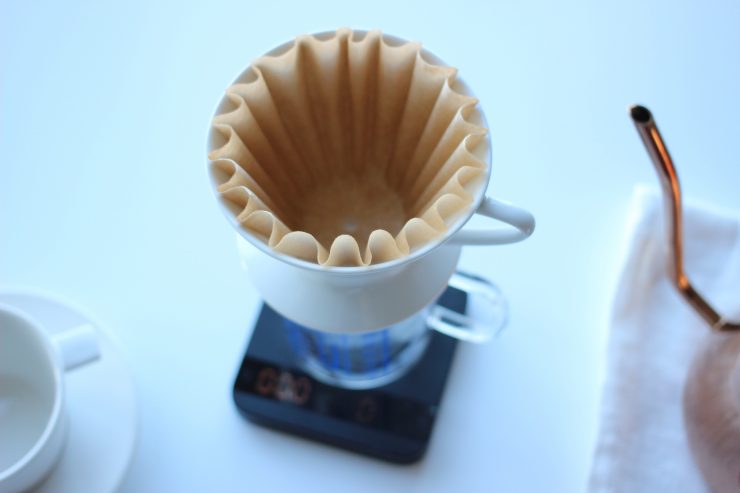
The team eventually settled on a paper manufactured and produced in—you guessed it—Japan, resulting in a product duo that is sourced, forged, packaged, and shipped entirely from the island nation. They’re especially proud of the Arita connection, a small city in Kyushu known for its artisan ceramics tradition dating back some 400 years. “When you hold ceramics from Arita, the glaze is smoother; the walls are a little bit thinner; these products are special,” says Kuempel. And indeed, the Blue Bottle dripper’s density is such that it will actually ring like a bell if you hold it just right. Maybe that’s the just crushed rock in the ceramics. Or maybe Kuempel is right, and there’s something special about the products that come from this tiny place of just 20,000 people on the southernmost main island of Japan.
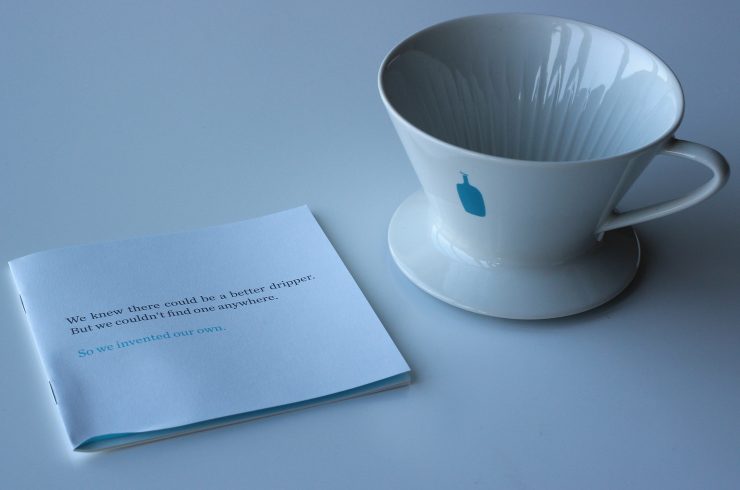
So is the Blue Bottle dripper only designed to work with Blue Bottle coffee? Is it a closed system, like a Keurig, say, designed around Perfectly Ground? “Absolutely not,” says Day. “This is not a closed system,” he tells us, “and if you want to put your favorite local roasters’ coffee into it and play with it, it’s open.” But the team did design the brewer around Blue Bottle’s approach to by-the-cup brewing in their cafes, and the Blue Bottle dripper is now on bar—some 800 units in total—across Blue Bottle’s network of cafes in New York, Tokyo, Los Angeles, and the Bay Area. “At the end of the day, it’s a dripper for all coffees, but we did design it with Blue Bottle in mind,” Day tells Sprudge. That intentionality allowed for some narrowing of focus—”like working with a laser beam instead of a shotgun”, quips Kuempel—but the dripper’s applications out in the wild are fundamentally agnostic, open source, user-friendly.
Ever the coffee fan—a data-driven experimental technologist pushing the industry’s boundaries, but a fan all the same—Neil Day tells us, “I’ve brewed up plenty of Four Barrel, Sightglass, and Coava on this, and it all tastes great.” I mention we’d been playing around with brewing some Kenyans from Camber Coffee through the dripper, a tiny new coffee roaster from Bellingham. Or should I call them a startup?
Day’s voice lights up across the line. “Oh!” he exclaims. “They’re really good!”
Jordan Michelman is a co-founder and editor at Sprudge Media Network. Read more Jordan Michelman on Sprudge.
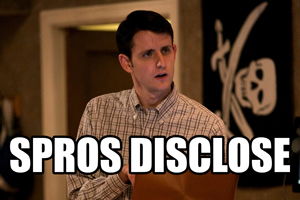
Blue Bottle Coffee is an advertising partner on Sprudge. A complete list of partners is published on the lower right-hand side of each article.






